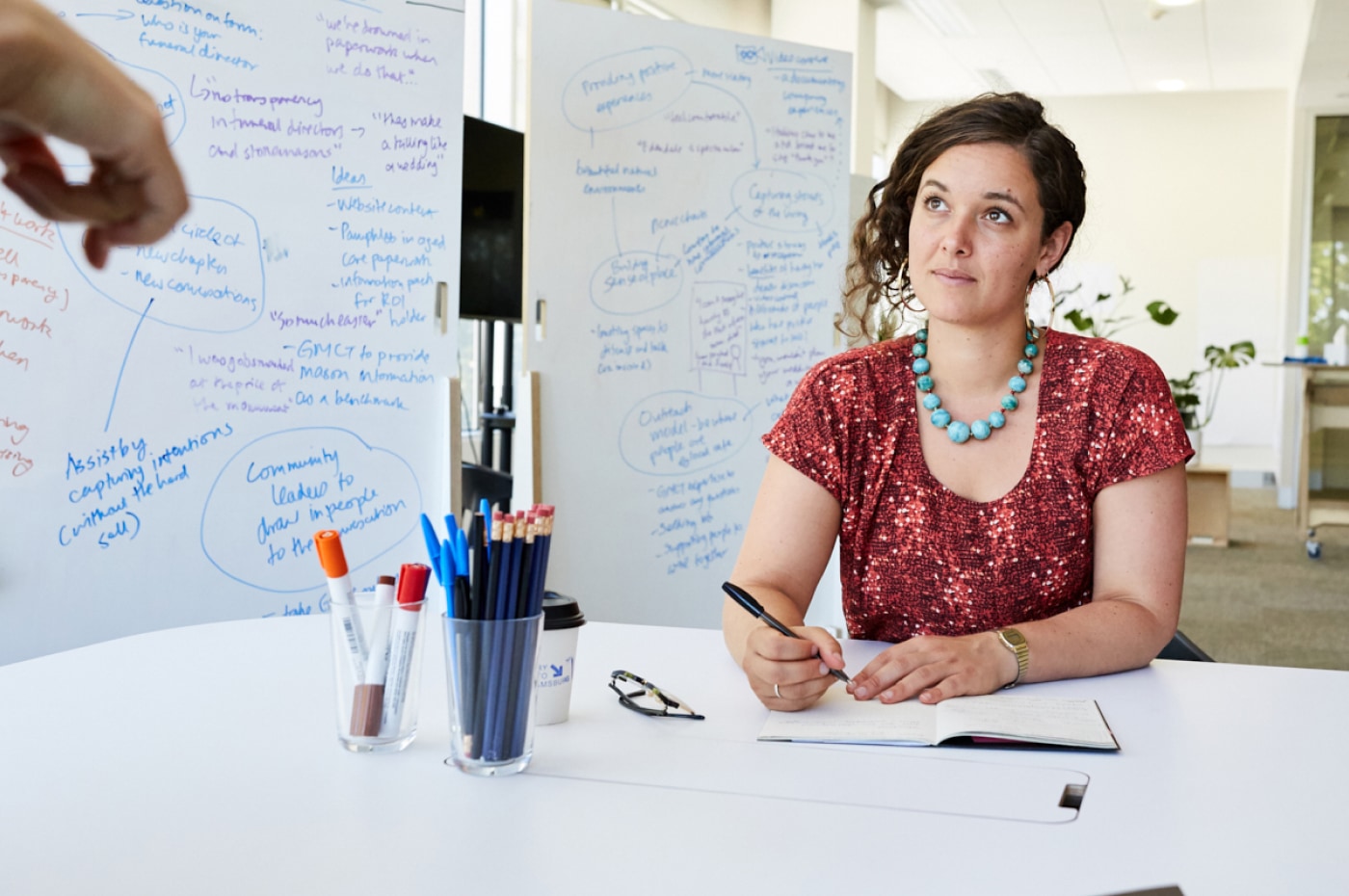NewslettersMarch 3rd, 2020
PG #52: When you only focus on the problem, you’re not seeing the whole system


And when you don’t see the whole system, you miss important opportunities for change.
People with Acquired Brain Injury (ABI) make up about 2% of the general population in Victoria. But they are hugely overrepresented in Australia's prisons. An audit of Victoria's prisons in 2011 found 42% of male prisoners, and 33% of female, were diagnosed with ABI. The reasons for this are complex – support needs get overlooked, people with disability are stigmatised, and people get caught in cycles of disadvantage.
A complicated, embedded problem like this can seem intractable and ultimately unsolvable – but perhaps thinking about large scale social issues like this as ‘solvable’ is part of the problem in the first place?
Systems change means thinking less in terms of problem/solution, and more in terms of interconnected causes and effects. Through this lens, you quickly realise you don’t have to ‘solve’ all the problems in the system to change the effects of the system. You only have to find places where changes could reinforce positive effects and reduce negative ones.
By learning about the systems that lead to overrepresentation of people with cognitive disability in the prison population, we can begin to find those places and unlock change through relatively small-seeming interventions.
For example, cognitive impairment is often not immediately visible and so magistrates and and lawyers may miss it as a factor. In the Supporting Justice project, one of the interventions we suggested was the creation of a ‘Preparing for Court’ form – a physical object that a person with cognitive impairment can take with them to court. All they have to do is hand it over to effectively communicate their situation.
We know, by taking a systemic view, that this small change could create a cascade of effects that breaks the cycle of disadvantage and leads to better outcomes for everybody. This doesn’t ‘fix’ the problem, but it begins to shift it in ways that we couldn’t have if we didn’t understand the system in the first place.


